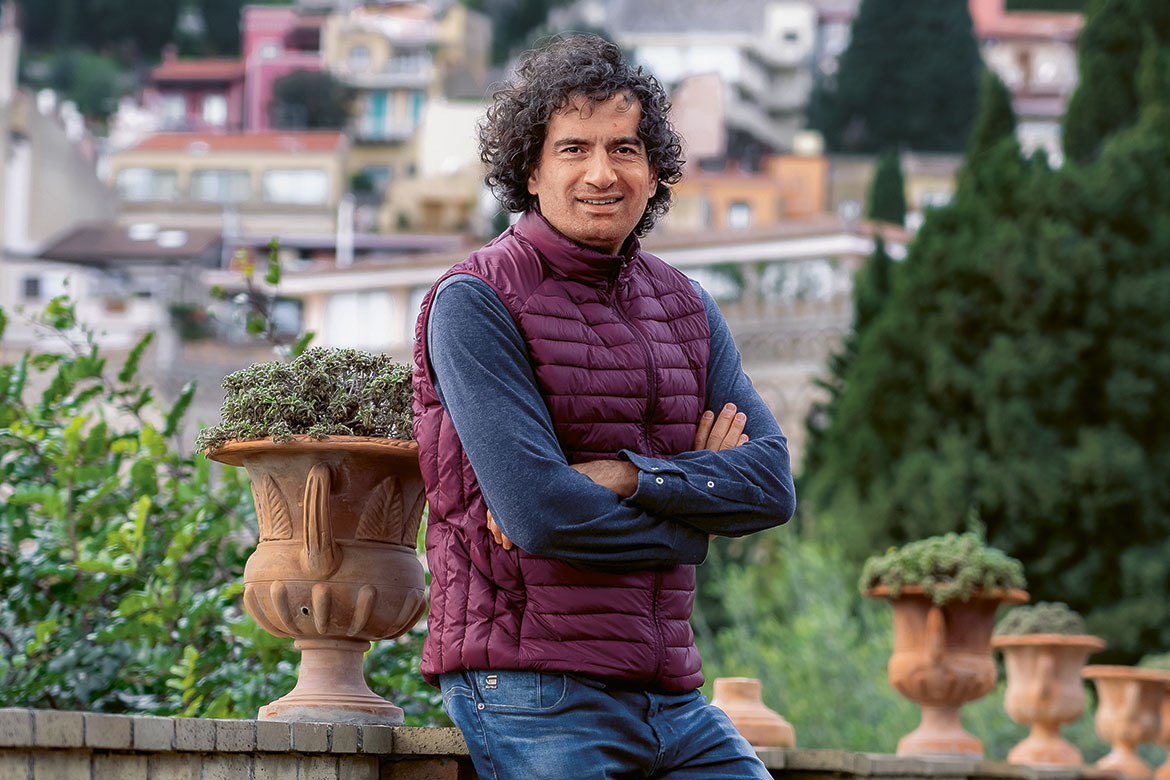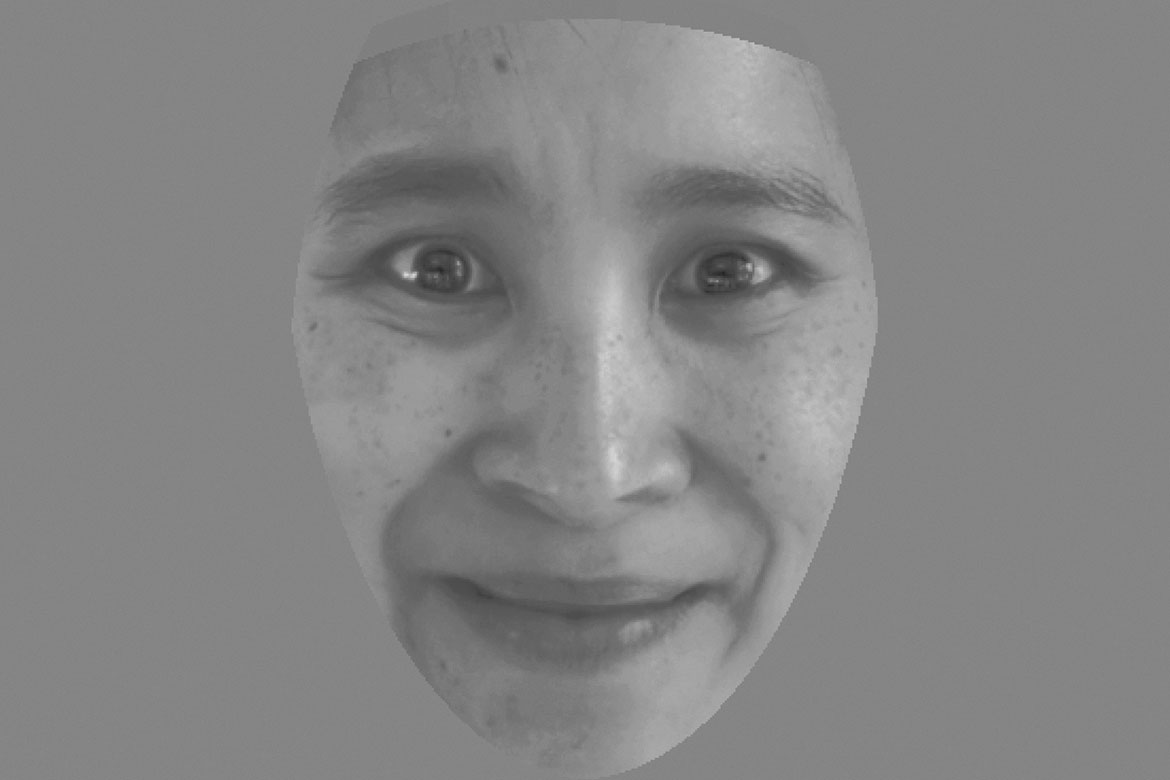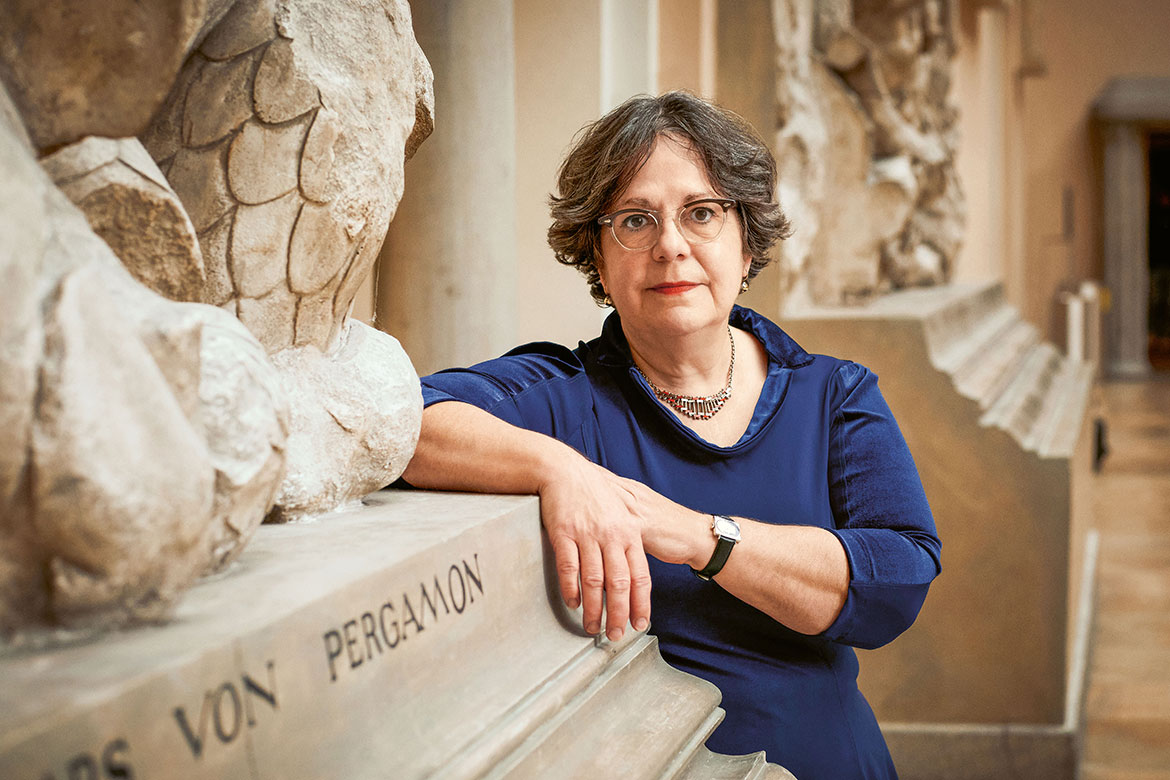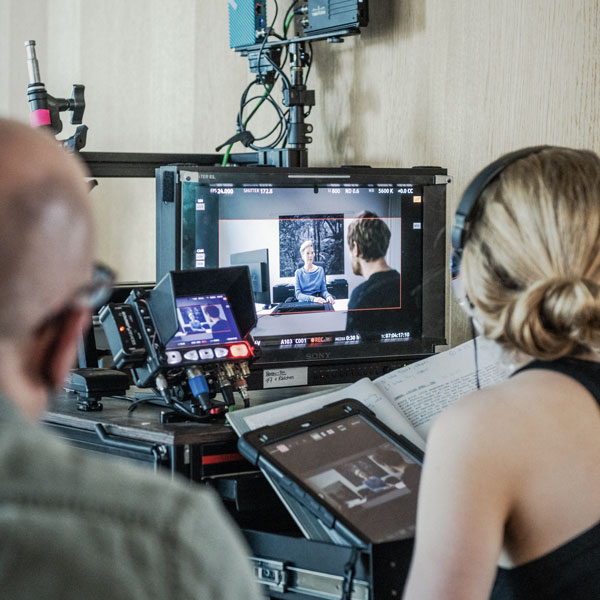Standpoint
“The Film Festival should be supported by the universities.”
With 10,000 online views and 2,000 attendees in cinemas, the Global Science Film Festival of Switzerland is getting more and more attention. Horizons here interviews Samer Angelone, the director of the Swiss Science Film Academy.

Samer Angelone teaches researchers the art of filmmaking. Their works are also shown at the Global Science Film Festival. | Image: zVg
Switzerland has its own Global Science Film Festival. It has been taking place in Bern and Zurich for four years now, but it is only now becoming fully fledged. The co-founder Samer Angelone wants to go further. He explains how and why the festival is not only for researchers.
Samer Angelone, the Global Science Film Festival has taken place four times – what is your conclusion?
Those four editions were pilots. Hopefully, with the fifth edition this year, the Festival will be fully established on the scene. Before the pandemic, the Festival only took place in cinemas. But then we realised that we can also organise it online. In 2021 we did both: We had more than 10,000 views online, and more than 2,000 visitors in the cinemas. We are going to continue with this hybrid solution.
Was the pandemic more of a help, or did it just increase your stress levels?
In 2020 we decided to show our movies online, one week before the Festival. That was really hard. We had invited the film makers and booked the hotels… But afterwards, we realised that we could actually benefit from the pandemic, because it meant the universities wanted to be linked closer with society.
What does the Festival need for it to become a permanent feature?
We want it to be linked officially with the Swiss universities, and no longer be independent. Last year we received official support from the University of Zurich and ETH Zurich for the first time. Hopefully this is going to become a permanent collaboration.
What kind of people visit the festival? Do non-scientists go too?
Online it’s difficult to say, but I can see in our channels that half of our viewers are from Switzerland, half from other countries. In the cinemas, half of our public are scientists, while the rest aren’t. Our goal is to connect with society, and it’s working.
You showed ‘Totally Under Control’, a political documentary about how the Trump administration responded to the pandemic. How much science does a film have to contain to become part of the festival?
That’s difficult to decide. The movies should be professional enough that people want to see them. If they were only about scientists in labs, nobody would be interested. We need a balance between the cinematographic aspects and the scientific content. The jury also features scientists alongside filmmakers. That’s the deal.
Can you also choose films that criticise science?
(Laughs.) I tried my best to feature some, and I hope to have some in the future. It makes us more credible. It’s not our aim to practise mere propaganda for science.




